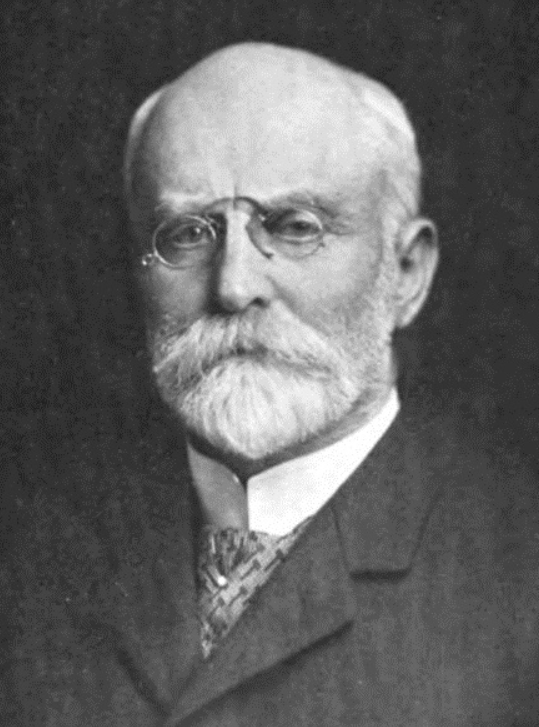In the annals of American theater, few figures stand as prominently as Bronson Howard, a playwright whose contributions to the world of drama are immeasurable. Although his legacy resonates throughout the country, it’s in Detroit that Howard’s influence has left an indelible mark. His works, which captured the spirit of his era, continue to shape the theatrical landscape of the city, inspiring generations of artists and playwrights.
The Early Life of Bronson Howard
Born on October 7, 1842, in Detroit, Bronson Howard’s fate seemed sealed from the start. Growing up in a bustling city that was swiftly becoming an industrial powerhouse, Howard was exposed to a diversity of cultures, ideas, and experiences. As a young man, he developed a keen interest in literature, particularly theater, and soon discovered his penchant for writing plays.
Rise to Prominence
Bronson Howard’s journey to becoming a prolific playwright was marked by determination and hard work. He moved to New York City to pursue his theatrical aspirations and quickly gained recognition for his writing prowess. His first major success came with the play “Saratoga,” which premiered in 1870. The play’s comedic elements and sharp social commentary catapulted Howard into the limelight.
However, it was his subsequent works that cemented Howard’s reputation as a trailblazer. He tackled various genres, from historical dramas to romantic comedies, each play characterized by its wit, charm, and insight into the human condition. “The Banker’s Daughter” (1878) and “Young Mrs. Winthrop” (1882) are just a couple of examples that underscore his ability to captivate audiences while conveying profound messages.

Bronson Howard’s Detroit Connection
Although he achieved fame on the broader stage, Howard never forgot his roots in Detroit. In fact, his ties to the city remained strong throughout his career. He often drew inspiration from his experiences growing up in Detroit, infusing his plays with a palpable sense of Midwestern identity. Moreover, he advocated for the development of theater in his hometown, contributing to its cultural enrichment.
Legacy and Impact
Bronson Howard’s contributions extended beyond his own creative works. He played an integral role in transforming the American theater landscape. As a co-founder of the influential American Dramatists’ Club, Howard worked alongside fellow playwrights to address pressing issues related to copyright protection and royalty payments. His efforts paved the way for fair treatment of playwrights and established a precedent for their rights.
In Detroit, Howard’s legacy is particularly poignant. His ability to capture the essence of the city’s evolving identity and mirror it on stage has influenced countless local playwrights. Detroit’s vibrant theater scene owes much to his determination to celebrate the city’s uniqueness.
Continued Relevance
While Bronson Howard’s heyday was in the late 19th century, his work’s relevance endures. His exploration of societal dynamics, human relationships, and the ever-changing American landscape remains strikingly pertinent. Modern playwrights and artists continue to draw inspiration from his ability to blend entertainment with thought-provoking themes.
In conclusion, Bronson Howard stands as a pivotal figure in the world of American theater, and his connection to Detroit adds a special layer to his legacy. As the city’s theatrical scene flourishes, it’s worth remembering the playwright whose pen brought to life the heart and soul of Detroit in ways that continue to resonate with audiences today.


